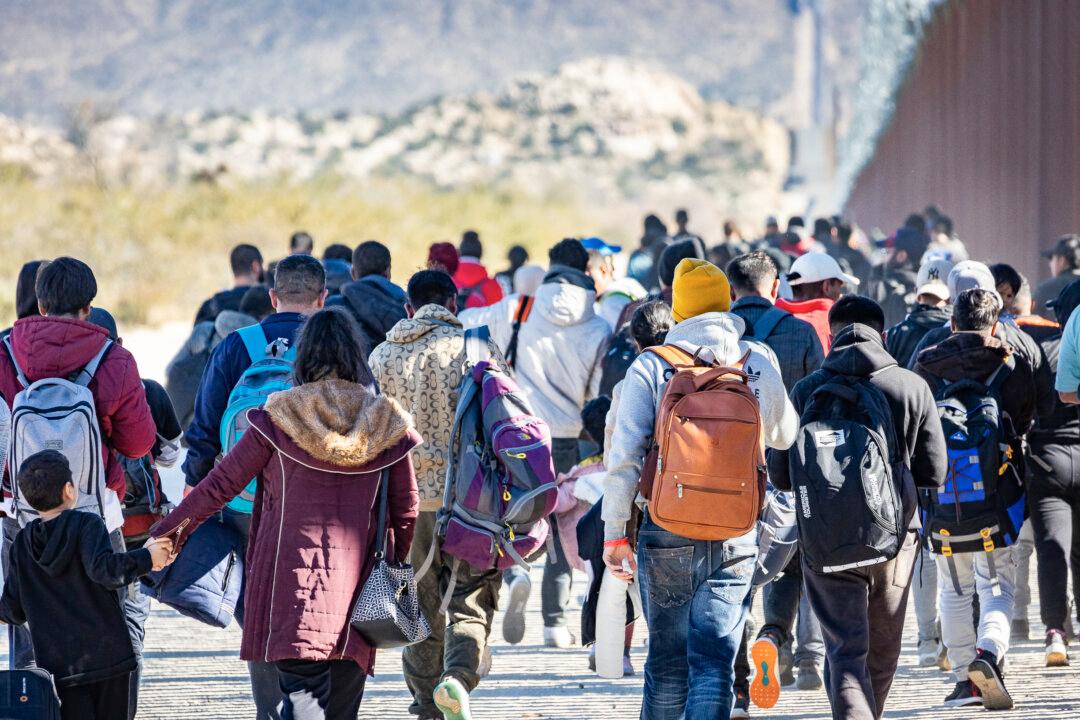Self-deportation might begin to look more attractive to those in the country illegally as the Trump administration intensifies the pressure for them to leave.
On his first day in office, Jan. 20, President Donald Trump signed 10 border-related executive actions to secure the border and deter illegal immigration while planning for mass deportations.





